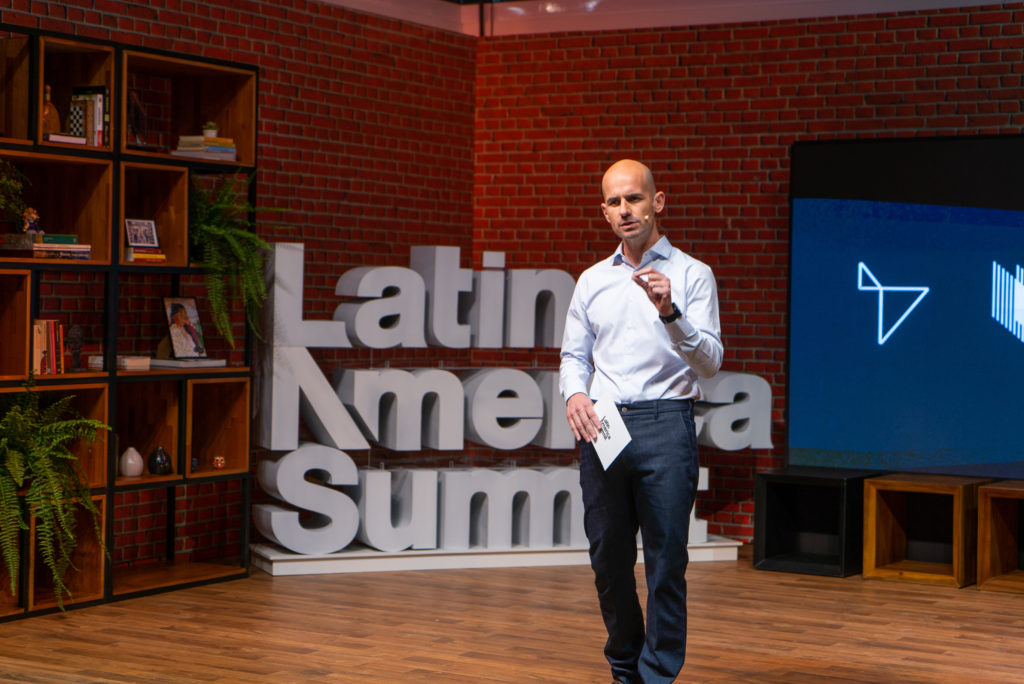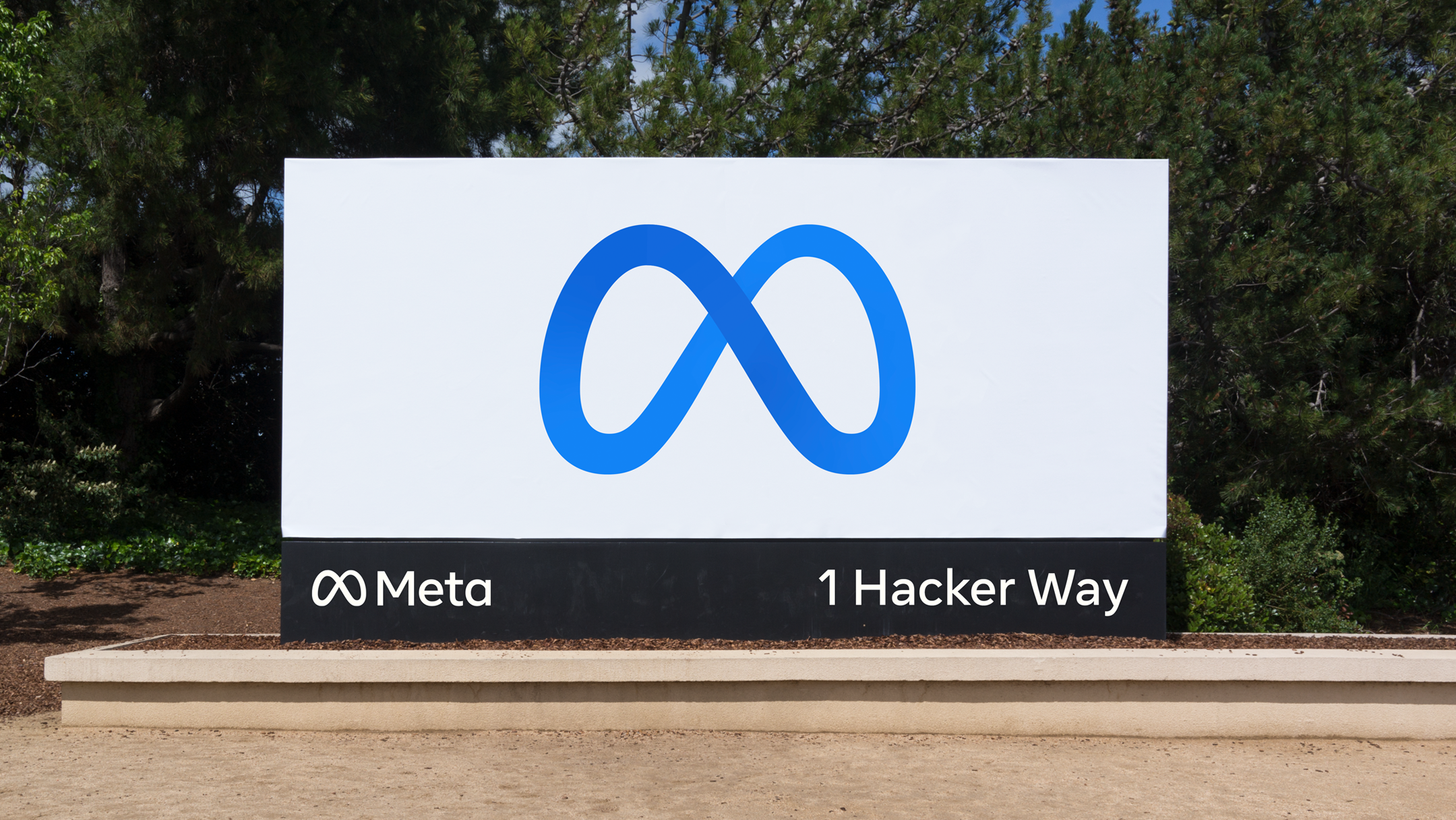
EBANX, a multinational fintech company, has announced plans to expand its payment gateway solution and operations outside Latin America for the first time, to Africa. Present in 15 countries in Latin America, the 10-year-old unicorn has processed over $1 billion in payments and wants to initially focus on mobile money in Africa.
In a statement, the CEO and co-founder, João Del Valle, explained that although Africa’s digital economy is still nascent, its exciting potential motivated his company’s decision. “Africa’s fast-growing digital economy is only in its early days, and it’s projected to grow up and to the right for the next few decades. Together with local players, EBANX will be a catalyst to realise the many benefits of a digital economy even faster.”
In June 2022, Endeavor reported that Africa’s digital economy is estimated to be worth $115 billion, a result of the impact of COVID-19 coupled with a young population and steadily rising rates of digital penetration.
EBANX already started operations in Kenya, South Africa, and Nigeria in late August and chose these three countries because, together with Egypt, they account for 32% of the continent’s population, 51% of its GDP, and 73% of the startup accelerators active in Africa today. Pipefy, a low-code platform for workflow management founded in 2015 in Latin America and operating in over 200 countries worldwide, is present in the Africa region with EBANX as its payments partner.
“Expanding our solutions to African countries speaks directly to EBANX’s mission of creating access, and having Pipefy as a merchant makes this moment even more special to us, expanding solutions and services throughout regions full of opportunities,” Paula Bellizia, the President of Global Payments at EBANX, said in a statement.
Much like it did in South America, EBANX wants to centre its strategy on collaborations and partnerships with global merchants. The company processes payments for Uber, Airbnb, and over 1,000 digital companies throughout Latin America.
“After studying the region and building a deep understanding of its local players, entities, and challenges, we are diving into Africa to provide local payments solutions that will help build the digital economy at a rapid pace, drive broader financial inclusion for its population, and provide greater access to a variety of goods and services from global merchants interested in building their market share there,” Bellizia added.
The company will also look to consider popular local payments in each of the countries it is expanding to. In South Africa, it will let online shoppers access internet banking to make an Electronic Funds Transfer (EFT) that gets instantly verified. EFT is the second most popular online payment method in South Africa today.
In Kenya, it will offer a mobile banking service that lets users store and transfer money, as well as pay for online shopping through their mobile phones, much like M-Pesa.
In Nigeria, it will offer USSD and bank transfer services. The former will be a session-based protocol that travels over the GSM signalling channel to query information and trigger services and will enable customers to pay for their e-commerce shopping. The latter will enable customers to pay for online purchases quickly and easily without needing a credit or debit card.
On Friday, the 23rd of September, TechCabal in partnership with Moniepoint (by TeamApt) will host the most important players in tech and business on and off the continent to discuss the future of commerce in Africa. Register now to attend.




















